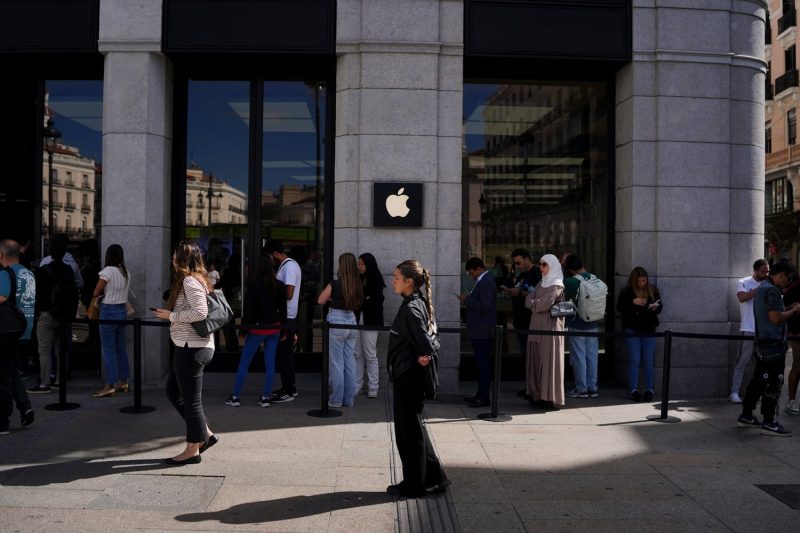In a recent turn of events, European Union regulators have accused tech giant Apple of breaching the bloc’s rules concerning competition in the digital market. This move highlights the ongoing scrutiny that major tech companies face as they navigate the rapidly evolving landscape of digital commerce and innovation.
The accusation against Apple is centered on the company’s app store practices, specifically its treatment of third-party developers and competition within the platform. The European Commission, the executive branch of the EU responsible for enforcing competition laws, alleges that Apple has abused its dominant position to stifle competition and restrict consumer choice.
One key issue at the heart of the accusation is Apple’s requirement that app developers use its proprietary payment system, which charges a commission of up to 30% on in-app purchases. The EU regulators argue that this practice unfairly disadvantages competitors and limits the ability of developers to offer alternative payment options to users.
Apple has defended its app store policies, emphasizing the benefits of a curated and secure platform for consumers. The company points to its investments in app review processes, developer support, and security measures as evidence of its commitment to providing a high-quality user experience.
However, the EU regulators are not convinced and have signaled their intent to pursue further investigation into Apple’s practices. This development places Apple in the crosshairs of European competition authorities and could potentially lead to hefty fines or other enforcement actions if the accusations are upheld.
This case is part of a broader trend of increased regulatory scrutiny facing tech companies around the world. As digital platforms become more central to everyday life, concerns about anti-competitive behavior, data privacy, and market manipulation have come to the forefront of public discourse.
The outcome of the EU’s investigation into Apple could have far-reaching implications for the tech industry as a whole. If Apple is found to have breached competition rules, it may be required to make significant changes to its app store practices and potentially face sanctions that could impact its global operations.
In conclusion, the accusation against Apple by European Union regulators underscores the growing importance of competition law in the digital age. As tech companies continue to wield significant influence over the global economy, regulators are increasingly vigilant in ensuring fair competition and protecting consumer interests. The outcome of this case will be closely watched by industry stakeholders and could set a precedent for how tech giants are held accountable for their business practices in the future.
